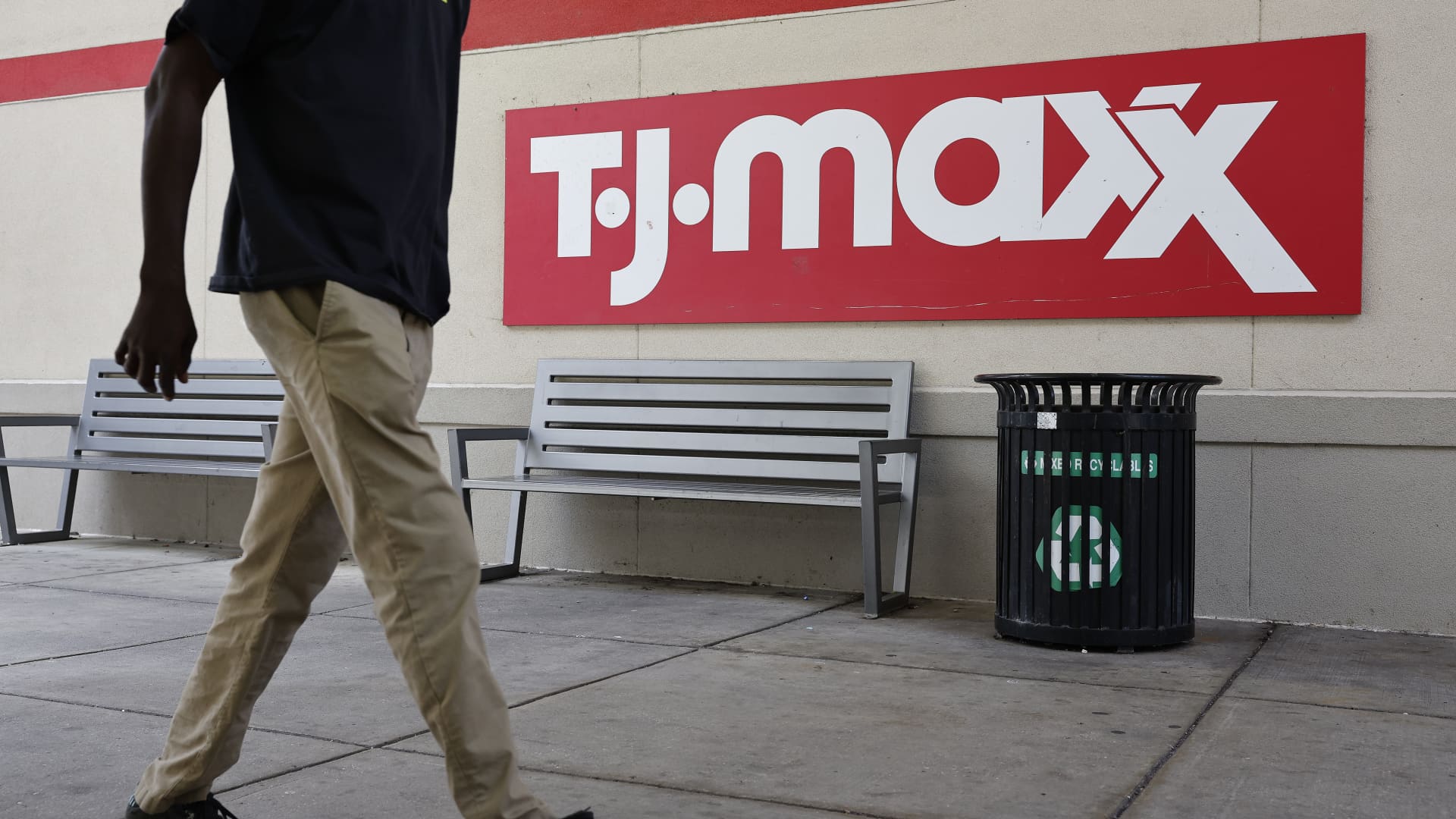How Trump Tariffs Could Shift Retail Dynamics: UBS Insights on TJX’s Competitive Edge
As the retail landscape continues to evolve under the influence of Trump-era tariffs, companies are scrambling to adapt to the new economic realities. One company that appears particularly well-positioned to navigate these changes is TJX Companies, the parent company of renowned off-price retailers such as T.J. Maxx, Marshalls, and HomeGoods. Recent insights from analysts at UBS highlight how TJX could leverage these tariffs to strengthen its competitive edge over rivals. In this article, we’ll explore the implications of these tariffs, the strategies employed by TJX, and how it stands to benefit in an increasingly complex retail environment.
The Impact of Trump Tariffs on Retail
Trump-era tariffs, particularly those imposed on goods imported from China, have created ripples throughout the retail sector. Retailers have faced increased costs due to higher tariffs on a wide array of products, leading many to pass these costs onto consumers. This shift has altered pricing strategies across the board, forcing retailers to rethink their supply chains, pricing, and overall business models.
In particular, the tariffs have encouraged businesses to seek alternative sourcing strategies, including exploring domestic manufacturing options or turning to countries outside of China. As this transition unfolds, companies that can adapt quickly and efficiently are likely to emerge as winners.
TJX’s Unique Positioning
What sets TJX apart from its competitors in this shifting landscape? The company’s off-price business model allows it to thrive in environments where consumers are increasingly price-sensitive. TJX is known for its ability to offer high-quality merchandise at discounted prices, which appeals to budget-conscious shoppers, especially during economic uncertainties exacerbated by tariffs.
According to UBS analysts, several key factors contribute to TJX’s competitive advantage:
- Diverse Sourcing Strategy: TJX has established a robust global sourcing network. This allows the company to pivot quickly to alternative suppliers or countries, minimizing the impact of tariffs on its bottom line.
- Strong Relationships with Vendors: The company has long-standing partnerships with a vast array of retailers and manufacturers, which enables it to secure quality products at lower prices.
- Flexible Pricing Strategy: TJX’s pricing model allows for the absorption of some tariff costs without significantly affecting consumer prices. This flexibility can provide a competitive edge over other retailers that may not have the same leeway.
- Consumer Loyalty: As a well-established brand, TJX enjoys a loyal customer base that values its unique shopping experience. This loyalty can help the company maintain sales even when overall consumer spending is impacted by economic factors.
Strategies for Continued Growth
To capitalize on the current retail dynamics shaped by tariffs, TJX is implementing several strategic initiatives:
- Expansion of Product Offerings: TJX is continuously expanding its product lines, including the addition of more exclusive and private-label products. This not only diversifies its offerings but also helps in mitigating the impact of tariffs on specific categories.
- Enhancing the Shopping Experience: The company is investing in store renovations and optimizing its online presence, thereby improving customer experiences both in-store and online. A seamless omnichannel experience is crucial for retaining shoppers in today’s retail climate.
- Focus on Sustainability: With growing consumer interest in sustainable products, TJX is exploring more eco-friendly sourcing options. This not only caters to consumer preferences but also positions the brand favorably in an increasingly eco-conscious market.
Potential Challenges Ahead
While TJX is poised to benefit from the current retail dynamics, it is not without its challenges. The ongoing volatility of tariff policies can create uncertainty in pricing and sourcing strategies. Additionally, as competitors respond to similar pressures, the competitive landscape could become more intense, potentially eroding TJX’s pricing advantages.
Furthermore, consumer behavior remains unpredictable, particularly as inflationary pressures affect disposable income. A decrease in consumer spending could impact TJX’s sales, as customers may prioritize essential purchases over discretionary spending.
Looking Forward
Despite these challenges, UBS analysts remain optimistic about TJX’s prospects. The company’s strong financial position, coupled with its adaptability and innovative strategies, positions it favorably to weather the storm of changing tariffs and shifting consumer preferences.
In conclusion, the Trump-era tariffs are reshaping the retail landscape in profound ways. TJX Companies, with its unique off-price model and strategic adaptability, is well-equipped to navigate this evolving environment. As the company continues to enhance its competitive edge through diversified sourcing, expanded product offerings, and improved shopping experiences, it stands to emerge as a leader in the retail sector. For investors and consumers alike, keeping an eye on TJX’s developments could reveal valuable insights into the future of retail in a post-tariff world.
See more Business Focus Insider Team

